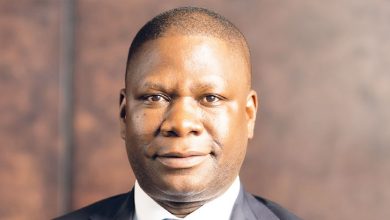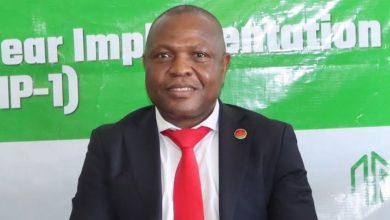IMF calls for policy consistency in Malawi

a common purpose
The International Monetary Fund (IMF) has called for ‘shared sacrifice and policy consistency’ in Malawi in the wake of implementing unpopular economic reform programmes.
Outgoing IMF resident representative to Malawi Ruby Randall made these remarks in her farewell speech at a dinner hosted in her honour by the Reserve Bank of Malawi (RBM).
Randall was reflecting on her tenure of office in Malawi, after being in charge of the IMF-Malawi office for almost three years.
Quoting IMF managing director Christine Lagarde who visited Malawi in early January, Randall said time has come for change in Malawi and for the country to finally break through and secure its future.
“Taking those initial steps was just the inception of what will be a long journey requiring policy consistency, coherence, open and frank debate, shared sacrifice and a sense of a common purpose and willingness to pursue a national agenda, ” she said.
Randall said she feels privileged to have witnessed first-hand and being part of “what might someday be known as the beginning of Malawi’s economic transformation.”
She also commended the authorities for their bold policy moves and noted that it was clear that the Malawian authorities have embarked on a reform path that, if followed and sustained, will lead to enhanced productivity, export diversification, more-inclusive growth and prosperity.
Randall also concurred with IMF MD’s assessment that forging a new Malawi is a collective effort and that government needs partnerships with the people of Malawi, and with the international community, including the IMF.
Randall also recalled that during her tenure in office, the authorities had adapted to the “rigours and demands” of quarterly Extended Credit Facility (ECF) programme reviews which she said is “no mean feat”.
During Randall’s term in office, Malawi managed to win back the IMF-supported three-year ECF programme which was suspended in June, 2011 following a bad record of economic governance by the late Bingu wa Mutharika regime, among other factors.
“Indeed, when the Fund programme went off-track in early 2011 and it became impossible to disburse budget support, development partners showed their flexibility by finding other mechanisms for channelling much needed targeted assistance to the people of Malawi,” added Randall.





